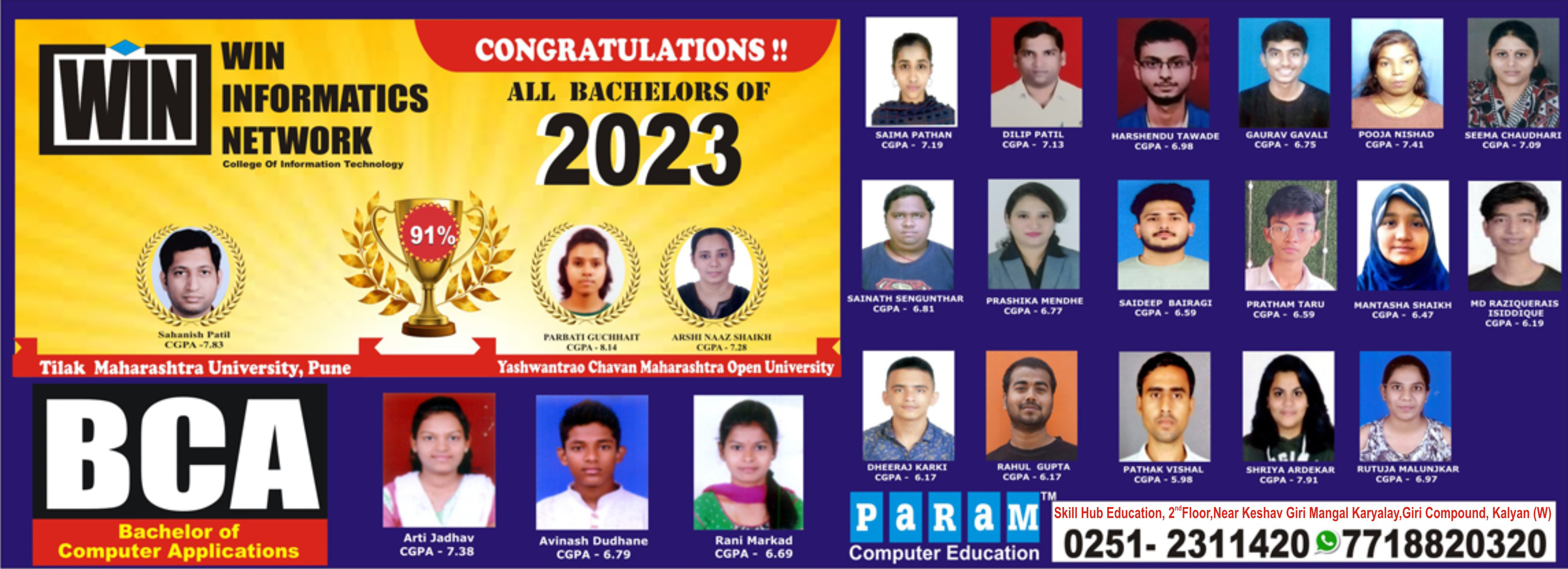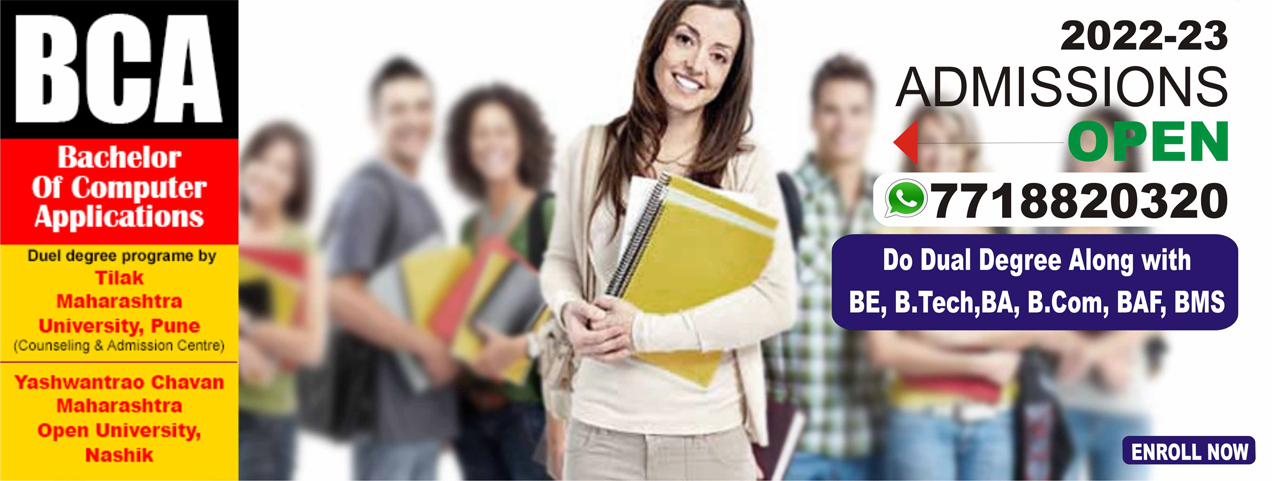Growth of ODL System in Higher Education
Growth of ODL System
The growth of distance education has been exponential over the last four decades in our country
beginning. With the establishment of Dr BR Ambedkar Open University, Hyderabad in 1982, a
new chapter in the distance education system began when full fledged Open University with the
mandate to provide distance education was established. This was followed by the establishment
of Indira Gandhi National Open University in 1985. The idea of having institutions imparting
open distance learning was accepted by many states and 1987 saw the emergence of two more
Open Universities, namely, Nalanda Open University (NOU) Patna, Bihar and Vardhman
Mahaveer Open University (VMOU), Kota, Rajasthan. Subsequently, Yashwantrao Chavan
Maharashtra Open University (YCMOU), Nashik, Maharashtra was established in 1989. The 17
Open Universities on date have a strong network of about 11000 study centers and about 70,000
academic counselors to support the learning needs of students. The Open Universities offer all
kinds of programmes ranging from vocational to general to professional to technical.
Distance mode programmes in dual mode Universities started with the Delhi University which started offering programmes as correspondence courses in the year 1962. As on date there are about 250 distance education institutions in the dual mode universities and institutions which are offering programmes through distance mode There are about 22 lakhs students who have enrolled in the DEIs of dual mode universities. The table given below reflects the year wise growth of ODL Institutions in the country.
| Year | Dual Mode Universities/ Institutes |
Single Mode OUs | Total Distance Education Institutions |
| 1962 | 1 | - | 1 |
| 1975 | 22 | - | 22 |
| 1982 | 34 | 1 | 35 |
| 1985 | 38 | 2 | 40 |
| 1990 | 46 | 5 | 51 |
| 2000 | 70 | 9 | 79 |
| 2005 | 106 | 13 | 119 |
| 2010 | 241 | 14 | 256 |
During the initial years the student enrolment increased slowly - from 1,112 students in 1962 to 29,500 students in 1970-71. It increased during the next two decades to about 6 lakh in 1990-91. In 2000-01, there were about 14 lakhs students studying through distance mode which further went up to about 18 lakhs students in 2005-06. The student enrolment further rose to about 37 lakhs in the year 2009-10. Thus, with fresh enrolment in ODL programmes at approximately 40 lakh annually, the share of distance education in the GER is about 22-23%, which is significant.
| Year | Conventional Universities/Co lleges |
CCIs/DEIs/ Open Universities |
Percentage share of DE |
Total |
| 1962-1963 | 7,52,095 | 1,112 | 0.147 | 753207 |
| 1975-1976 | 24,26,109 | 64,210 | 2.578 | 2490319 |
| 1980-1981 | 27,52,437 | 1,66,428 | 5.701 | 2918865 |
| 1985-1986 | 36,06,029 | 3,55,091 | 8.964 | 3961120 |
| 1990-1991 | 49,24,868 | 5,92,814 | 10.744 | 5517682 |
| 1994-1995 | 61,13,929 | 8,03,176 | 11.611 | 6917105 |
| 1995-1996 | 65,74,005 | 10,03,000 | 13.237 | 7577005 |
| 2000-2001 | 83,99,443 | 13,78,000 | 14.094 | 9777443 |
| 2005-2006 | 110,28,020 | 18,33,524 | 14.256 | 12861544 |
| 2009-2010 | 124,68,560 | 37,36,744 | 23.35 | 16000000 (apprx) |
Recognition process by the Distance Education Council (DEC)
In pursuance of its responsibilities for maintenance of standards of ODL in the country, the DEC took various steps, which include evaluating the ODL institutions for their preparedness to offer programmes through distance mode. The DEC started giving institutional recognition and also recognition to programmes which is mandatory for all ODL institutions as per the Gazette notification no.44 of 1st March 1995 issued by the Government of India. Since its inception, more than 250 institutions applied to the DEC for recognition of their institutions and programmes. For this purpose the DEC had developed guidelines for regulating the establishment and operation of ODL institutions, for offering programmes through traditional distance education mode revised from time to time to ensure quality and optimal standards in the system. The types of institutions applying to DEC for recognition are as follows:
- National/State Open Universities
- DEIs in conventional universities established by Act of Parliament or State
Legislature - Deemed to be universities declared by the Central Government under Section 3 of the University Grants Commission Act, 1956 and eligible as per UGC regulations for deemed to be Universities 2010
- Institutions of National Importance declared under an Act of Parliament
- Other ODL institutions of higher learning which are recognized by Central/State Government / statutory councils.
DEC started with programme evaluation in the year 2003-4. In 2007-08, the same was followed by Institutional recognition which was provisional in nature. In May 2007 a Joint Committee was formed by signing an MoU between UGC, AICTE and DEC for a period of three years till May 2010. The Joint Committee developed Guidelines in the form of “Handbook of Recognition”. With effect from 2009, the DEC started giving programme-wise recognition. After the expiry of Joint Committee, a Tripartite Committee, consisting of Chairpersons of UGC, AICTE and DEC, was constituted by MHRD in the year 2010. The Tripartite Committee was dissolved in May 2013.
As per practice followed by DEC, for programme-wise recognition, every Institution would
submit an application along with application fee (no fee in case of Govt funded Institutions)
to the DEC in the prescribed format. Once the application was complete and found
satisfactory, Expert Committees were constituted for an on-site assessment, with approval of
the Chairman, DEC. The Committee comprised subject experts in the area of programmes to
be offered and ODL experts. Committee also used to have a nominee from AICTE and UGC.
The visit of Committee was usually coordinated by an official of DEC. The Committee
evaluated the Institutions’ preparedness to offer programme through distance mode viz.
infrastructure, trained manpower, study material, teaching learning strategies, student support
services, etc. After on-site inspection, the Committee submitted a detailed report with
supporting documents. The recommendations of the Expert Committee were placed before
the Joint Committee (May 2009 to May 2010) or Tripartite Committee comprising of
Chairpersons of UGC, AICTE and DEC. The recommendations of the Tripartite Committee
were placed before the DEC Council for final decision. Decision of Council was the final
decision. Minutes of the DEC were placed before the BOM of IGNOU for ratification. The
decision on the recognition along with names of programmes recognised was then
communicated to the ODL Institution. The institution was also required to give an
undertaking that it will comply with the conditions of recognition prescribed by the DEC.
Recent Developments
The Ministry of Human Resource Development vide its Order F.No.6-20/2010-DL dated 29th December, 2012 had issued certain directions under section 20(1) of the UGC Act, 1956 with regard to regulation, maintenance of standards, and according recognition in respect of Distance Education programmes conducted by institutions of higher education. The directions inter alia contained the following :
- UGC shall act as a regulator in respect of ODL programmes, and Universities/institutions need to seek recognition/permission from UGC for conducting such programmes;
- UGC will develop Regulations for maintenance of norms and standards in ODL programmes in accordance with the recommendations of the Madhav Menon Committee Report (December, 2011)
- UGC will create necessary physical infrastructure and manpower to discharge the regulatory functions, and for the purpose utilise the staff of erstwhile DEC, in consultation with IGNO;
- UGC shall, as soon as DEC is dissolved, start performing its functions as the regulator of ODL programmes.
In pursuance of the above directions, the UGC has taken several steps, including the following :
- The UGC vide its communication dated 6th May, 2013 constituted an Expert Committee
under the chairpersonship of Prof. N.R. Madhava Menon to frame appropriate
regulations for the conduct of distance education programmes in the country. This Committee has held two meetings so far and is expected to submit its Report in due
course. - A meeting was held amongst the senior officials of UGC and IGNOU on 16th May, 2013 to decide the road map for transfer of the regulatory functions of distance education from DEC to UGC in which important decisions were taken for undertaking the various academic and administrative functions.
- The UGC has vide its order dated 31st May, 2013 made interim arrangements for work relating to grant of recognition in respect of the distance education programmes, and for the purpose the officials of the erstwhile DEC have been take over by the UGC on ‘deemed deputation’ until further orders.
- The UGC has also vide its letter dated 28th May, 2013 written to all Vice Chancellors of Universities with regard to repeal of Statute 28 of IGNOU Act, shifting of the regulatory responsibilities of ODL from IGNOU to UGC, with the request to Universities to ensure that no further affiliation/approval is granted to any new centre for ODL programme/course till the new regulations are notified.
- The UGC vide its Notifications dated 17th June, 2013 has laid down the mechanism for dealing with the institutions engaged in open distance learning till such time the new regulations are framed/notified. It has been inter alia decided that the present guidelines of DEC would govern the decision making process for grant of permission for ODL programmes till the new Regulations are notified by the UGC.
- The UGC has also issued a Public Notice dated 27th June, 2013 with regard to Courses/Study Centres/Off Campus & Territorial Jurisdiction of Universities. The said Public Notice deals with some important matters relating to jurisdiction of universities especially with regard to Private Universities, Deemed Universities and Universities offering distance education programmes.
- The UGC has on 19th June, 2013 constituted an Expert Committee under the
chairpersonship of Prof. Mohammad Mian, Vice Chancellor, MANUU, Hyderabad,
with Dr P Parakash, Vice Chancellor, Dr Ambedkar Open University, Hyderabad and
Prof Hari Chandan, Director, Institute of Distance Education, University of Mumbai as
members to give its recommendations on all the pending applications with the erstwhile
DEC. This Committee has held three meetings and has given its recommendations in respect of 210 institutions whose applications were pending at various stages.







 1
1 2
2 3
3 4
4 5
5 6
6